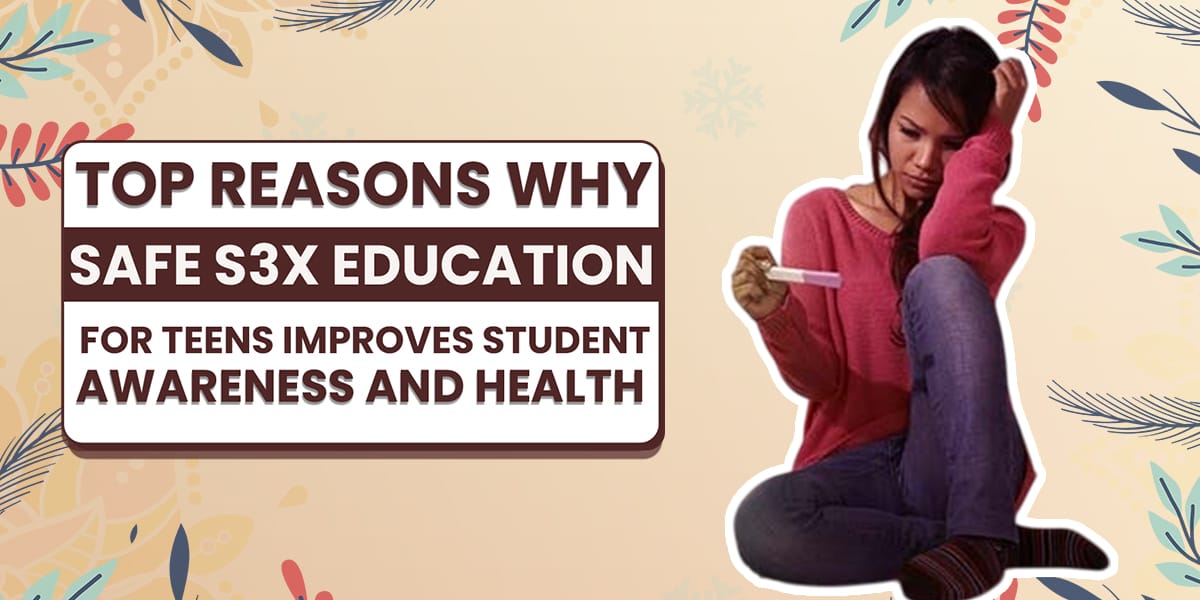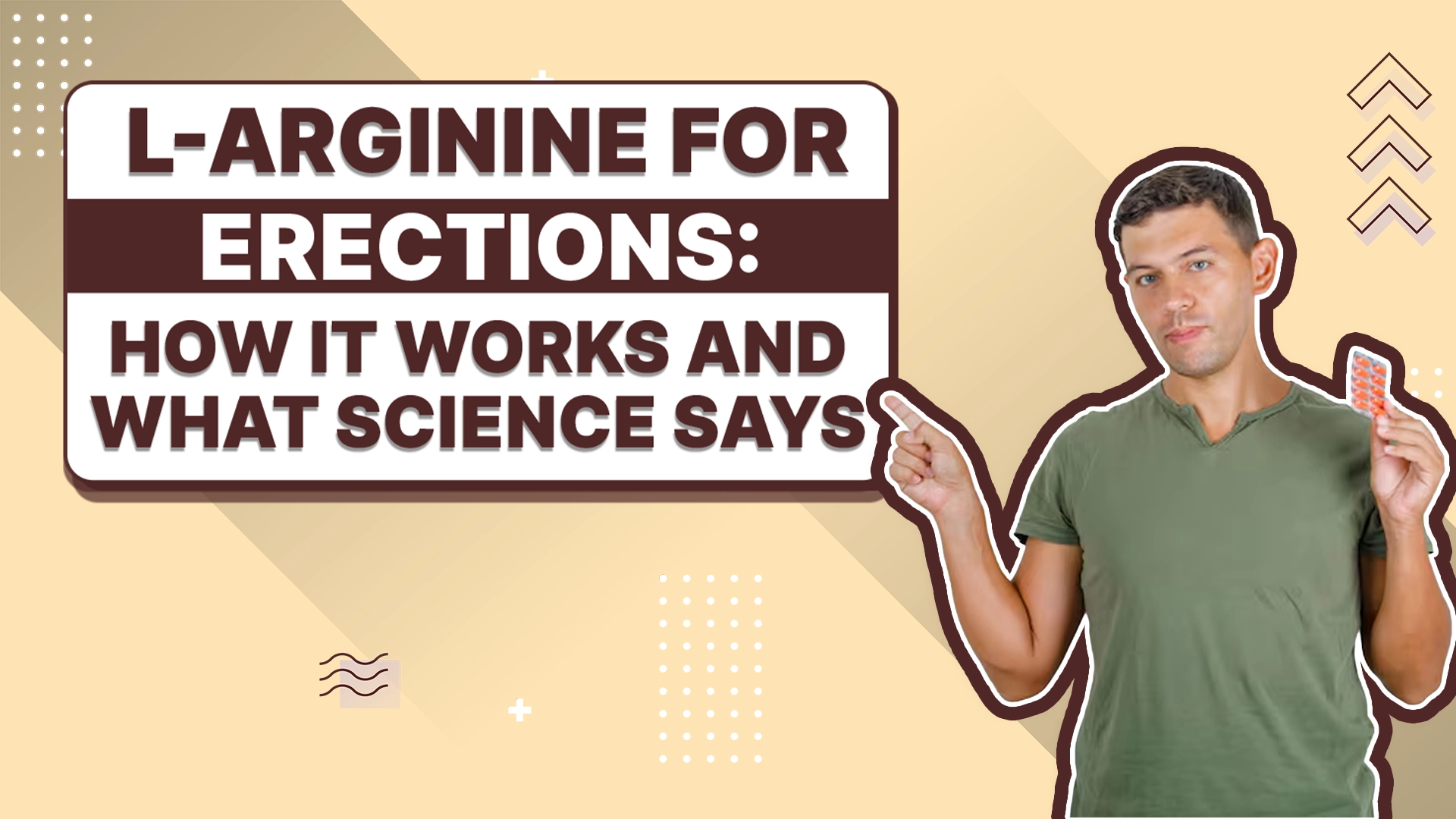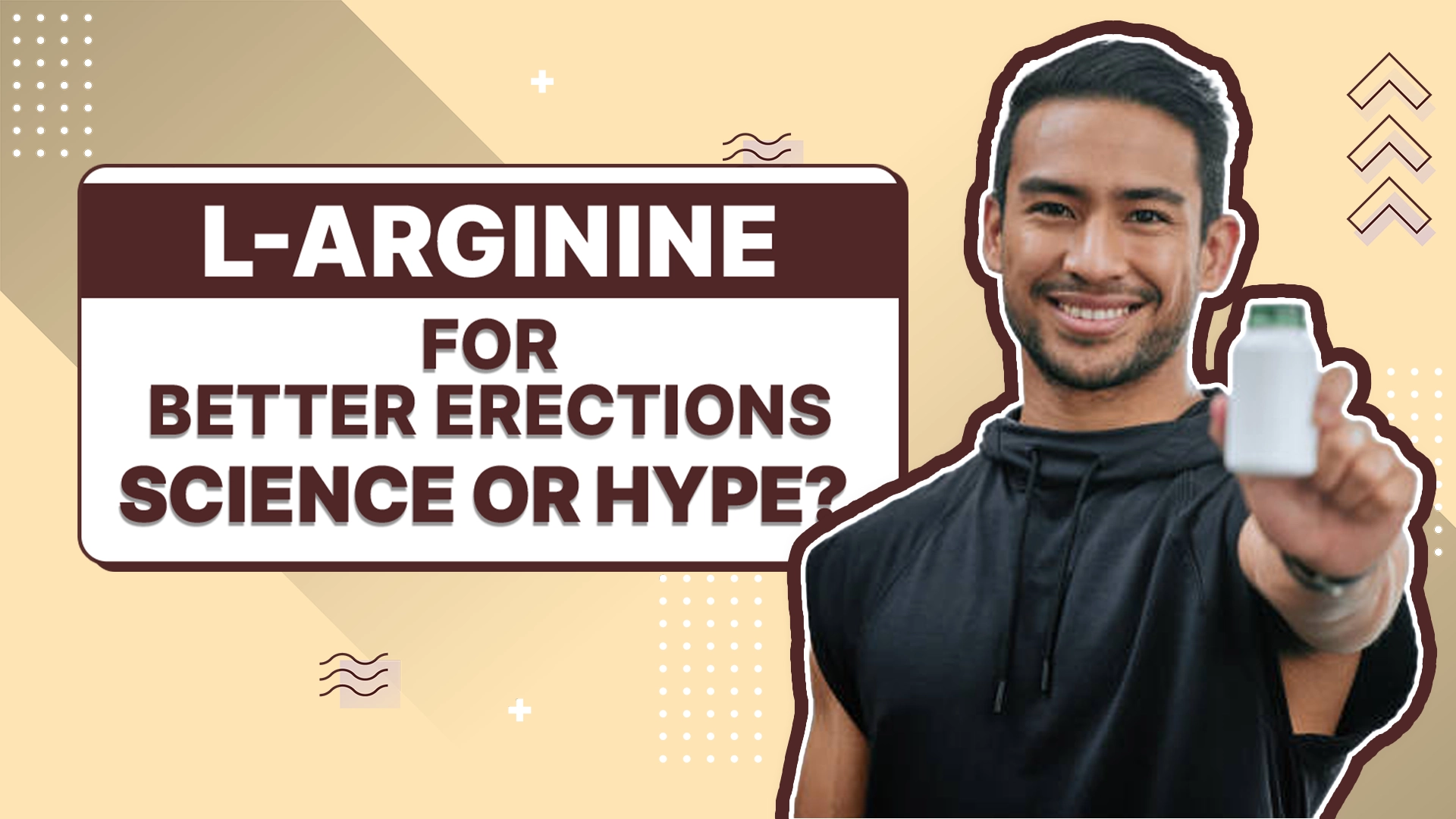Talking about sex education for teenagers often feels uncomfortable for parents, teachers, and even students. Yet, it is one of the most essential aspects of growing up. When done correctly, safe sex education does not encourage early sexual activity.
Instead, it equips teens with the knowledge, values, and confidence they need to make responsible decisions about their health and relationships. This blog will show you the top reasons why safe sex education improves student awareness and overall well-being.

1. Builds Awareness About Sexual Health
One of the main benefits of sex education is that it helps teenagers understand their bodies, reproductive systems, and how sexual activity impacts their health. Instead of relying on misinformation from peers or the internet, students gain scientifically accurate knowledge about topics like menstruation, contraception, safe practices.
This awareness reduces confusion and ensures teens know where to seek reliable health resources.
2. Helps Prevent Sexually Transmitted Infections (STIs)
Safe sex education teaches students the importance of protection, particularly the use of condoms, in preventing infections such as HIV, chlamydia, and gonorrhea.
- Teens learn that STIs are not only about risk during sex but can also have long-term effects on fertility and overall health.
- By being aware of the symptoms and prevention methods, students are less likely to engage in risky behaviors.
This knowledge ultimately contributes to healthier communities.
3. Reduces Teen Pregnancies
One of the strongest outcomes of comprehensive sex education is its ability to lower teen pregnancy rates. When teens are informed about contraception, fertility cycles, and consent, they are better equipped to make decisions that prevent unintended pregnancies.
Research consistently shows that students who undergo proper sex education are more likely to delay sexual activity and use protection responsibly when they do become sexually active.
4. Encourages Healthy Relationships
Safe sex education isn’t only about biology it also teaches emotional intelligence, consent, and respect in relationships. Students learn that sex should never involve pressure, fear, or lack of choice.
- Lessons on communication skills help teens set boundaries.
- Discussions on respect and mutual consent guide them toward building healthier, trust-based relationships.
This helps in reducing cases of abuse, coercion, and unhealthy power dynamics among young people.
5. Boosts Self-Confidence and Decision-Making
Teens often feel confused or insecure about their sexual feelings. Without proper guidance, they may rely on myths, peer pressure, or experimentation to figure things out. Sex education empowers them with confidence to make safe and informed decisions.
By understanding what is healthy and what is risky, students develop the courage to say no when needed and yes only when they are truly ready and protected.

6. Normalizes Open Conversations About Sexuality
In many cultures, talking about sex is still considered taboo. This silence often leads to curiosity-driven risky behaviors. Safe sex education encourages open conversations where students feel comfortable asking questions without shame or judgment.
This creates a culture of honesty and support, where young people can approach trusted adults for guidance instead of hiding their concerns.
7. Promotes Long-Term Health Awareness
Safe sex education goes beyond teenage years it builds habits and awareness that continue into adulthood. When young people learn about reproductive health, contraception, consent, and hygiene early on, they carry these lessons into their future relationships and marriages.
This not only leads to healthier families but also reduces the societal burden of STIs and unplanned pregnancies.
Conclusion
Safe sex education for teens is not just about preventing risks it is about empowering young people with knowledge, awareness, and confidence to lead healthy and responsible lives. By addressing sexual health, relationships, and decision-making in a safe, respectful environment, schools and families can ensure that teens grow into well-informed adults who value both their health and the health of others.
FAQs Section
Question 1. Does sex education encourage teens to have sex early?
No, research shows it actually delays sexual activity and promotes safer choices.
Question 2. What’s the right age to start sex education?
It should begin early with age-appropriate lessons, starting from body awareness in childhood to detailed topics in adolescence.
Question 3. Can sex education reduce teen pregnancies?
Yes, studies confirm that comprehensive education lowers the rate of unplanned pregnancies.
Question 4. Is talking about condoms in school appropriate?
Yes, because it equips teens with practical knowledge about protection and safety.
Question 5. Who should provide sex education parents or schools?
Both. Schools give structured education, while parents provide cultural and emotional guidance.










